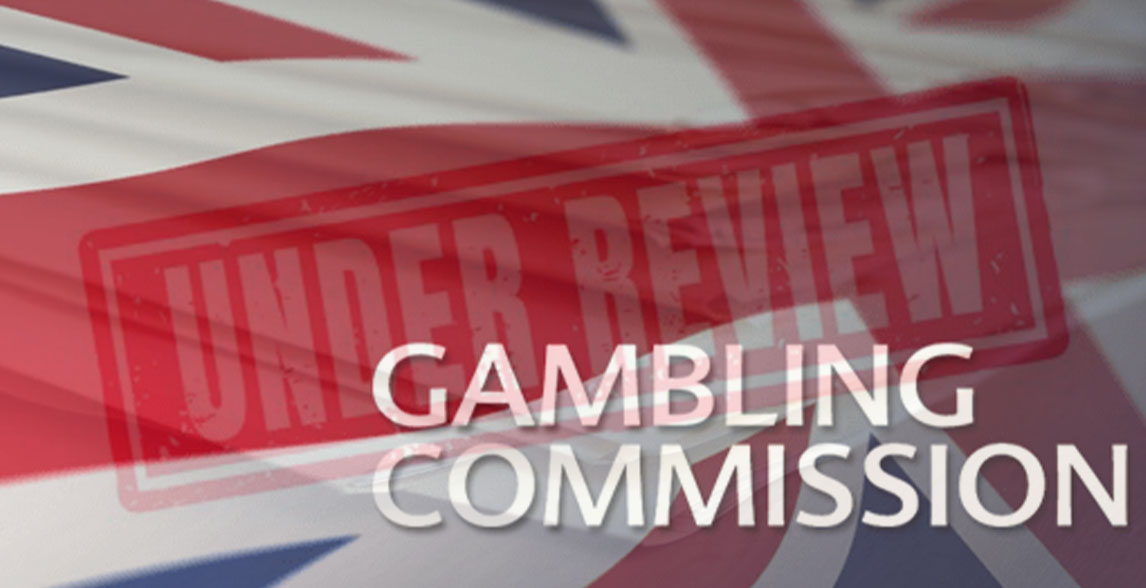 Published: 07.05.2020, 15:53
Published: 07.05.2020, 15:53 4 min read
4 min readOn April 1st, 2020, the UK Gambling Commission (UKGC) published its business plan for 2020-21. This document highlighted the UKGC’s main priorities for the following year and included an overarching theme of the Commission’s commitment to making gambling fairer and safer.
- The UKGC Has Prohibited the Use of Credit Cards for Gambling Services, Among Other Regulations
- A Guide to the UKGC’s 2020/2021 Business Plan
The five main priorities the UKGC’s business plan outlined are as follows:
- Putting consumers best interests at the forefront of its regulations
- Implementing preventative measures to avoid gambling harm
- Making changes that will improve the gambling industry’s standards
- Making infrastructural changes in order to improve the UKGC’s regulatory process
- Ensuring that lotteries return some revenue to good causes
In the business plan, the UKGC also called attention to its Experts by Experience panel that will be set up later in the year. This board will be comprised of people who have directly or indirectly suffered because of gambling addiction. The UKGC will listen to this panel of experts and use their collective wisdom to help guide any regulatory changes.
The Experts by Experience panel was the most controversial section of the UKGC’s 2020-21 business plan. Peter Hannibal, CEO of Gambling Business Group, said that the Commission’s proposal was “scary” because the board would not be proportionally represented. Only people who have had negative experiences with gambling would be on the board, therefore potentially skewing the UKGC’s perspective on regulatory changes. Hannibal stated that this would be an incredibly biased decision and that the results would surely be prejudiced against gambling.
Hannibal also criticized the business plan for not including concrete measures to negate the severe effects of COVID-19. The plan did not discuss the potential long-term damage to the gambling industry.
Hannibal continued on to say that the UKGC will surely make less money from fees due to the decrease in gross gaming yield. This was another hot topic that the business plan was silent about.
John White from the British Amusement Catering Trades Association had a slightly more positive response to this section of the business plan. White stated that his Association would lend their support to the idea, so long as the UKGC ensures that the panel is impartial. White thinks that this sort of panel is inevitable, and it’s crucial that the UKGC communicated with people who have an extensive history of gambling. In his opinion, the advisory board should contain some players who gamble but have not experienced harm. That way, the UKGC can see both perspectives.
Parliament’s All-Party Betting and Gaming Group’s Review of the Gambling Act 2005
The UKGC’s business plan mentioned that the Council would support the government in its review of the Gambling Act 2005 and help determine if any regulatory changes need to be made. The Council was to partner with the Department of Digital, Culture, Media, and Sport (DDCMS). However, the Parliamentary All-Party Betting and Gaming Group (APBGG) is going to do its own review on the Act. The APBGG is aiming to ensure that the Gambling Act is up to date with recent digital developments in the gambling industry.
The APBGG will conduct meetings with industry experts as well as relevant organizations. Additionally, it will collect written evidence from various stakeholders from the gambling industry.
Co-chair and MP Philip Davies stated that it is absolutely necessary that the anticipated review should be based on evidence. The APBGG will use said evidence to help the government make informed decisions regarding regulatory processes.
Davies wants to make sure that the APBGG takes a balanced approach to the review process. He hopes to hear a number of real concerns about the gambling industry, but also to learn about what the industry is doing right. The Group will make sure to interview people who have widely different views so that it can understand each perspective. This will also help the Group create evidence-based recommendations for the government, which will, in turn, enhance the reputation of the UK gambling market.

Due to the ongoing COVID-19 pandemic, the review will take place over the internet. Members of the APBGG will have to communicate with industry experts online, and the Group’s recommendations will be submitted via the web to the DDCMS. The DDCMS is still going to partake in its own review of the Gambling Act 2005.
The APBGG will, at some point, host separate Zoom teleconferences. During these meetings, members of the Group will interview industry experts about gambling-related public health concerns, the relationship between gambling and football, the industry’s marketing regulations, and whether the Gambling Act 2005 holds up in modern society.
If you are interested in helping the APBGG collect data for its review, you can visit its website and fill out a gambling-related survey here. Keep in mind that it is quite a lengthy survey with 68 questions altogether. However, if you live in the UK and you enjoy gambling, it may be in your best interest to fill this out. After all, any regulatory changes could potentially affect you. Some examples of questions in the survey are:
- Should the National Lottery age limit be raised to 18?
- Are sporting integrity issues inevitable?
- Should children be able to play gaming machines?
Some of the questions may require a level of industry expertise, but it is not mandatory to fill out each question. Just fill out the ones that are relevant to you. The great part about this survey is that it requires open-ended answers. You will not be trapped by multiple choice answers that don’t really align with how you feel.











